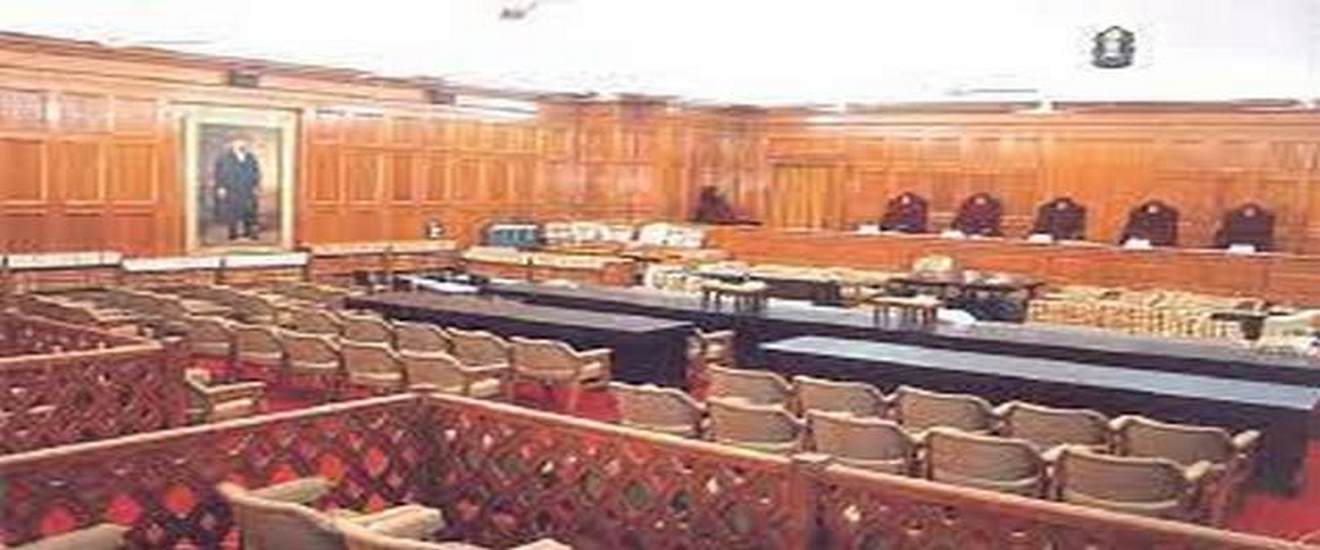Analysis
#8: Elevation of Justice Akil Kureshi
GHCAA files PIL before Supreme Court contending that Union Government is attempting to prevent Kureshi J's appointment.

This post is a part of our 10 Cases the Shaped India in 2019 series.
Issue:
After the Union Government failed to respond to a Collegium recommendation to appoint Akil Kureshi J as Chief Justice of the Madhya Pradesh High Court for nearly two months, the Gujarat High Court Advocates Association (GHCAA) filed a Public Interest Litigation before the Supreme Court. The GHCAA contended that the Union Government was deliberately withholding its response in order to prevent Kureshi J’s appointment.
The Three Judges Cases have established that the Supreme Court Collegium has primacy over judicial appointments and transfers. At most, the Executive can ask the Collegium to reconsider its recommendations. However, the Collegium’s final decision is binding on the Union government. In its petition, the GHCAA claimed that the Union was circumventing this process by deliberately not responding to the Collegium.
What did the GHCAA pray for?
The GHCAA prayed for the Supreme Court to direct the Union government to appoint Kureshi J as the Madhya Pradesh Chief Justice. Further, it sought for the Court to issue an order specifying that the Union must review all future Collegium recommendations within six weeks.
Timeline:

What was the outcome?
Ultimately, while the petition did appear to place pressure on the Union to respond to the Collegium, Akil Kureshi J was not appointed as Chief Justice of the Madhya Pradesh High Court. In August, after multiple adjournments, the Union sent a letter to the Collegium, requesting it to appoint Kureshi J to a different High Court. The Collegium acceded to the Union’s request and recommended Justice Kureshi as the Chief Justice of the Tripura High Court on September 5th.
After the Union notified the appointment on 7 November, the Supreme Court disposed of the matter. It declined to fulfill either of the GHCAA’s original prayers. Neither did it force through Kureshi J’s appointment to the Madhya Pradesh High Court nor did it set a limit on how much time the Union can take to respond to future Collegium recommendations.
Is the Collegium system under strain?
Over the past 5 years, the Union government has repeatedly signaled its intention to alter the Collegium system. In 2015, it attempted to introduce an alternate system in the form of a National Judicial Appointments Commission (NJAC), which would have comprised both judges and non-judges. Ultimately, a 4:1 majority of the Supreme Court declared NJAC unconstitutional, holding it would infringe upon the independence of the judiciary.
Since 2016, the Union Law Ministry has been attempting to amend the Memorandum of Procedure (MoP) governing the Collegium’s correspondences with the Union government in making appointments. However, as this must be done in consultation with the Office of the Chief Justice, reportedly little progress has been made.
Kureshi J’s appointment controversy highlights the Union’s influence over judicial appointments. In the end, the Collegium acceded to the Union’s request and the Supreme Court declined to impose a time limit on how long the Union can take to respond to Collegium recommendations.
Must Reads:
- Retired Madan Lokur J asserts that the Union government is exerting undue influence on the Supreme Court Collegium.
- Sruthisagar Yamunan contends that the Justice Kureshi controversy signals that judicial independence is diminishing in India.
- Sudhir Krishnaswamy asserts that the Supreme Court should introduce more transparency and openness in judicial appointments, to counter-act pressure from the executive.
- Atul Dev argues that the judiciary, in attempting to seal itself off from executive influence, has brought itself to an institutional crisis over the past five decades.
- Prianka Rao compares systems of judicial appointments across various jurisdictions, including India, the UK and Canada.
